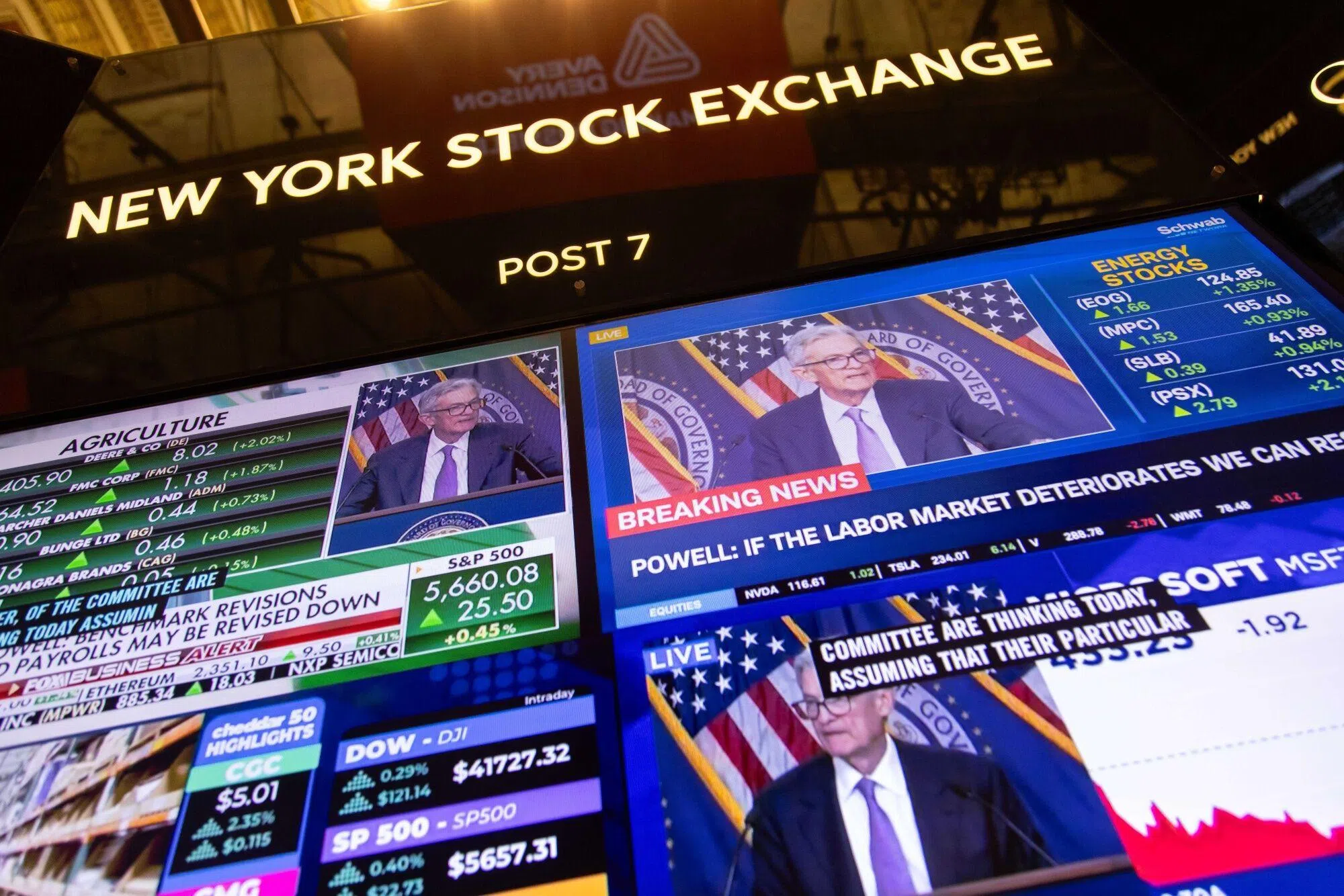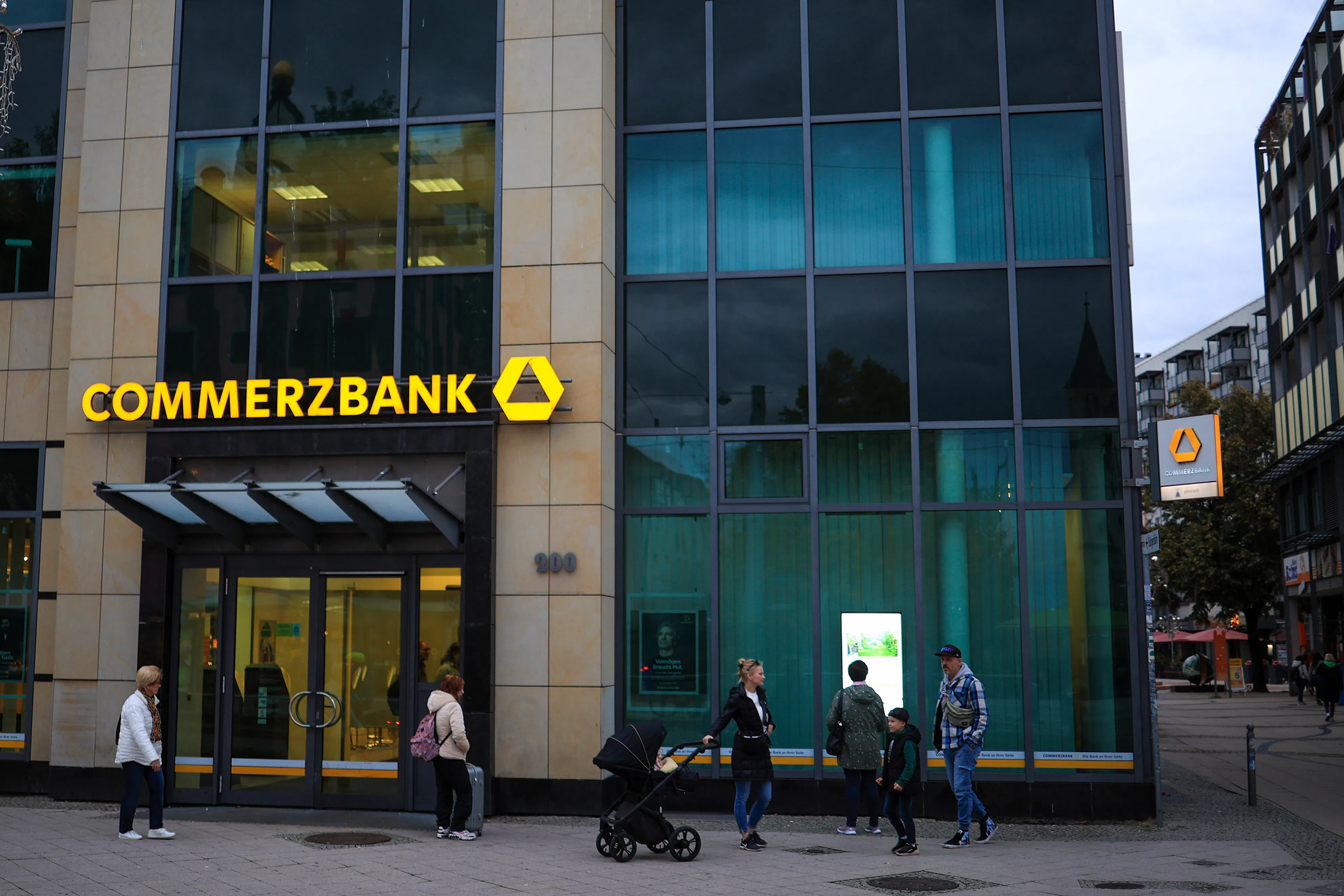BAD news is good news again. And the worse tidings that US Federal Reserve chairman Jerome Powell can bring about for US economic prospects, the bigger the welcome his message will receive this week from the stock market.
The central bank is bound to cut rates by a quarter-of-a-percentage point to a range of between 4.5 per cent and 4.75 per cent at the conclusion of their two-day meeting on Thursday (Nov 7).
Unless some full-blown crisis such as a Middle East War emerges, it’s unlikely this rate cycle will feature another bumper 50 basis-point (bp) cut like the gift the Fed gave to the market in September.
Still, if this week’s statement – which is coming a day later than usual because of this week’s US presidential election – hits certain notes, the stock market could still celebrate. Traders are hoping that the Fed reveals concern about a recent batch of economic readings because that would lead the door open to a series of rate cuts.
A few weeks ago, stock markets worldwide corrected because of generally strong data that caused a rapid reassessment of the US central bank’s likely policy path. This anticipation of a “soft landing”, or even a “no landing” where inflation would return to historic norms without bringing on anything close to a recession, had caused Treasury yields and mortgage yields to surge.
And that surge had weighed on rate-sensitive areas such as home builders and materials.
Slowing economy
The data trend has shifted again, with more unambiguous indications of a slowing economy. Recent manufacturing, housing-market and earnings reports, especially those from consumer giants such as McDonald’s and Louis Vuitton owner LVMH, have painted a consistently negative picture.
BT in your inbox
Start and end each day with the latest news stories and analyses delivered straight to your inbox.
Last Friday, the US Labor Department provided the clearest evidence yet of a down-shift, with a report that a mere 12,000 workers had been added to payrolls in October, almost 100,000 shy of economists’ expectations.
While skewed by the devastating hurricanes Milton and Helene, which were so severe that some offices in North Carolina and Florida are still unable to open, the jobs data are not a false alarm, according to some economists.
“We think a snapback is likely in November – and the October print may later be revised up – but the weight of evidence points to a gradually softening job market,” said economists at brokerage BNP Paribas, in a note to clients. “The print makes us more confident in our base case for 25bp rate cuts by the Fed.”
Powell had specifically stated he didn’t want to see any negative surprises in jobs data so the central bank will have to respond to (the Labor Department’s) data, said Brian Rose, senior US economist at UBS Global Wealth Management.
Recent inflation data also gives the Fed some elbow room to cut rates. For three straight months, the Fed’s gauge of inflation, the personal consumption expenditure index, has been within a percentage point of the central bank’s 2 per cent target.
While oil futures could spike in the event of an Iranian attack on Israel and start a whole new wave of price worries, the post-pandemic bout of inflation is officially dead and gone.
Election impact
Of course, the US election could have as much or even more impact on the stock-market movement as the Fed’s policy decision. Should Donald Trump win, his plans to impose a protectionist iron-curtain around US industry would likely cause a 7 per cent surge in the US dollar, warned strategists at brokerage Jefferies.
Usually, such abrupt moves in the traditionally steady foreign-exchange markets cause selloffs in faster-moving equity markets. Even if the short-term effect of a Trump win is positive on the stock market, due to his promises of stimulus, the disruption to global trade caused by his planned blanket tariffs is likely to cause inflation and growth scares in the coming months, economists warned.
If Kamala Harris were looking the likely winner by the time the Fed meeting ended, the stock market would likely be in a downdraft. She has vowed to attack inflation in her first moves as president, despite the recent subsiding of that trend. Any Harris moves on this front would likely mean price controls and profit trouble for grocery stores, drugmakers, banks and others.
A Fed statement and press conference that was pessimistic on the economic front and optimistic on the inflation outlook could do much to cheer investors up, however.
If Powell is convinced that a recession is finally at hand, he will likely open the door to more rate cuts in the coming months. Conversely, if he emphasises the one-off nature of weakness in the employment and housing data and brings up long-term inflation concerns, that could exacerbate any selloff.
“The Fed’s decision in December may be up in the air depending on upcoming payroll and inflation data,” said Sonu Varghese, global macro strategist at Carson Group. Nonetheless, investors in the US and around the world will have a more solid idea of Powell’s preferred path on Thursday.



